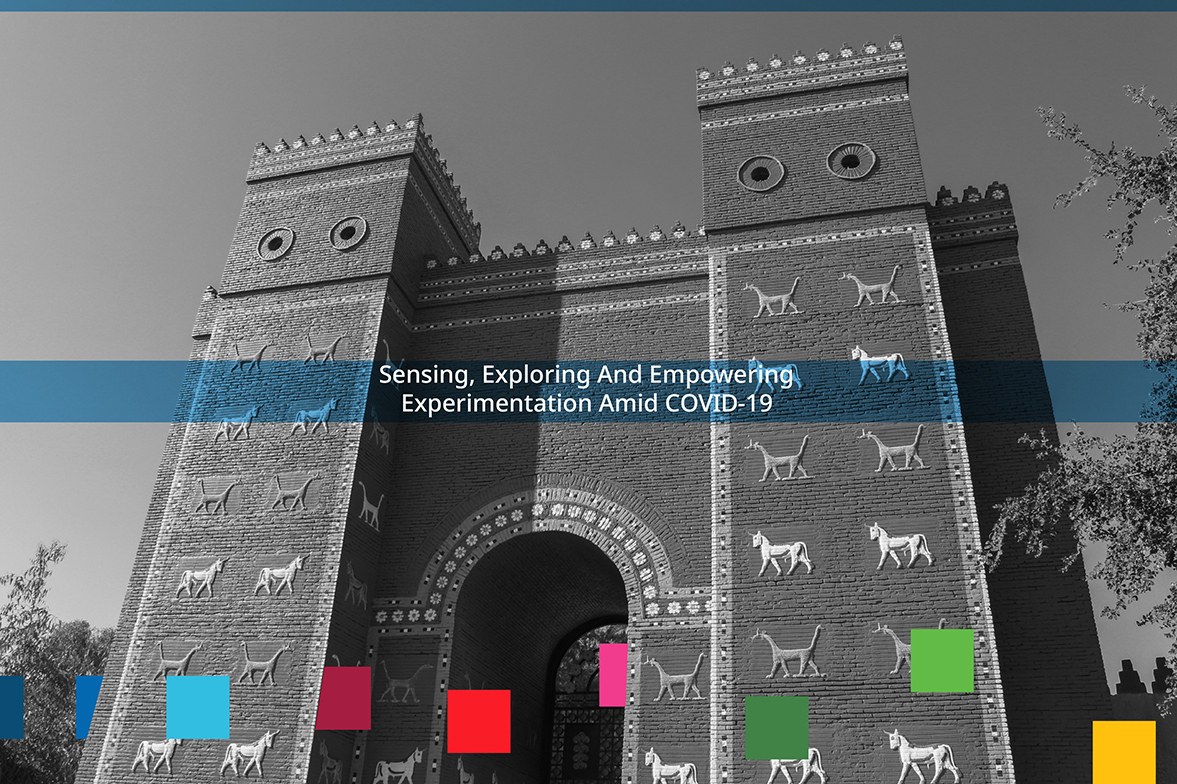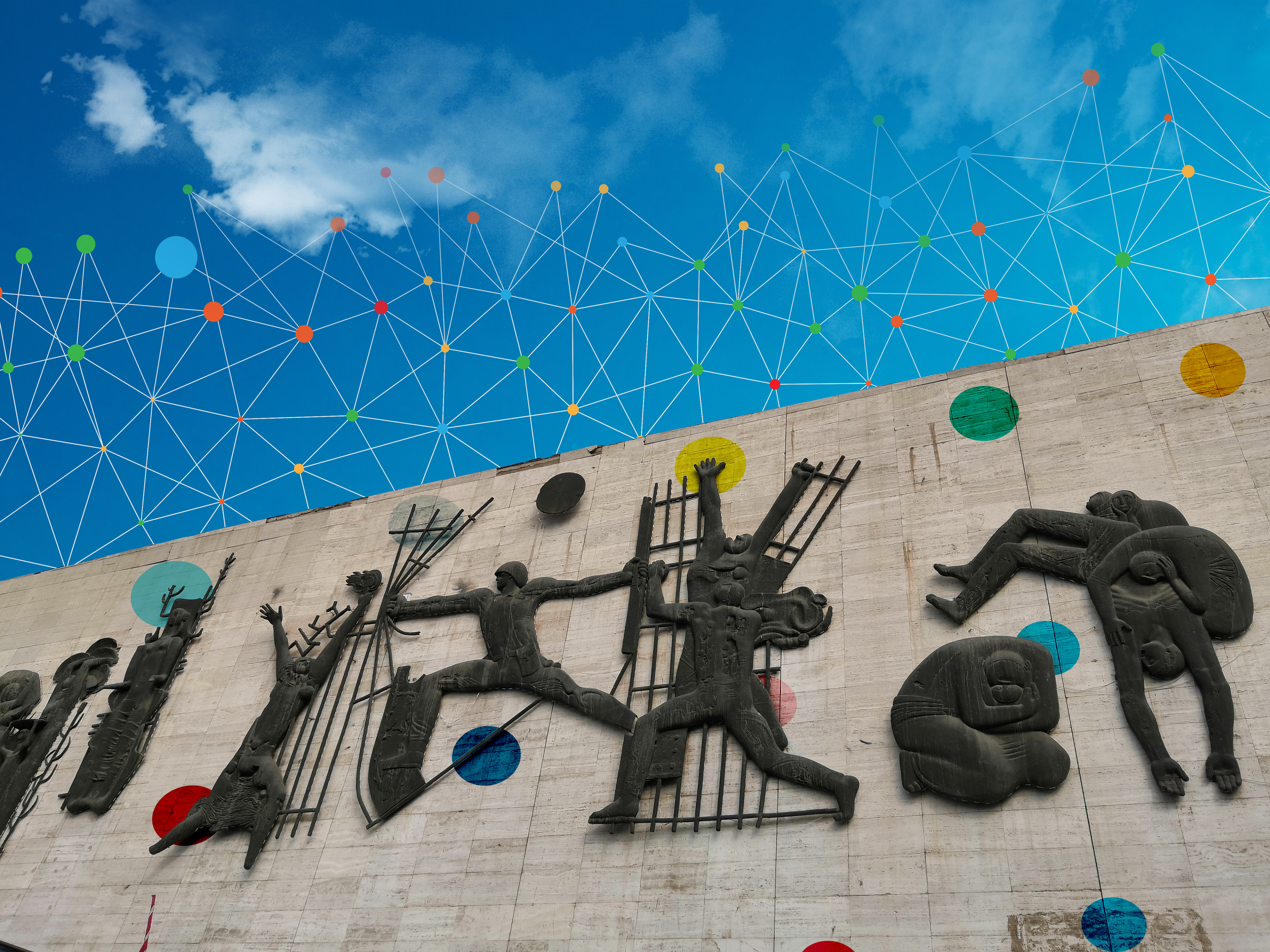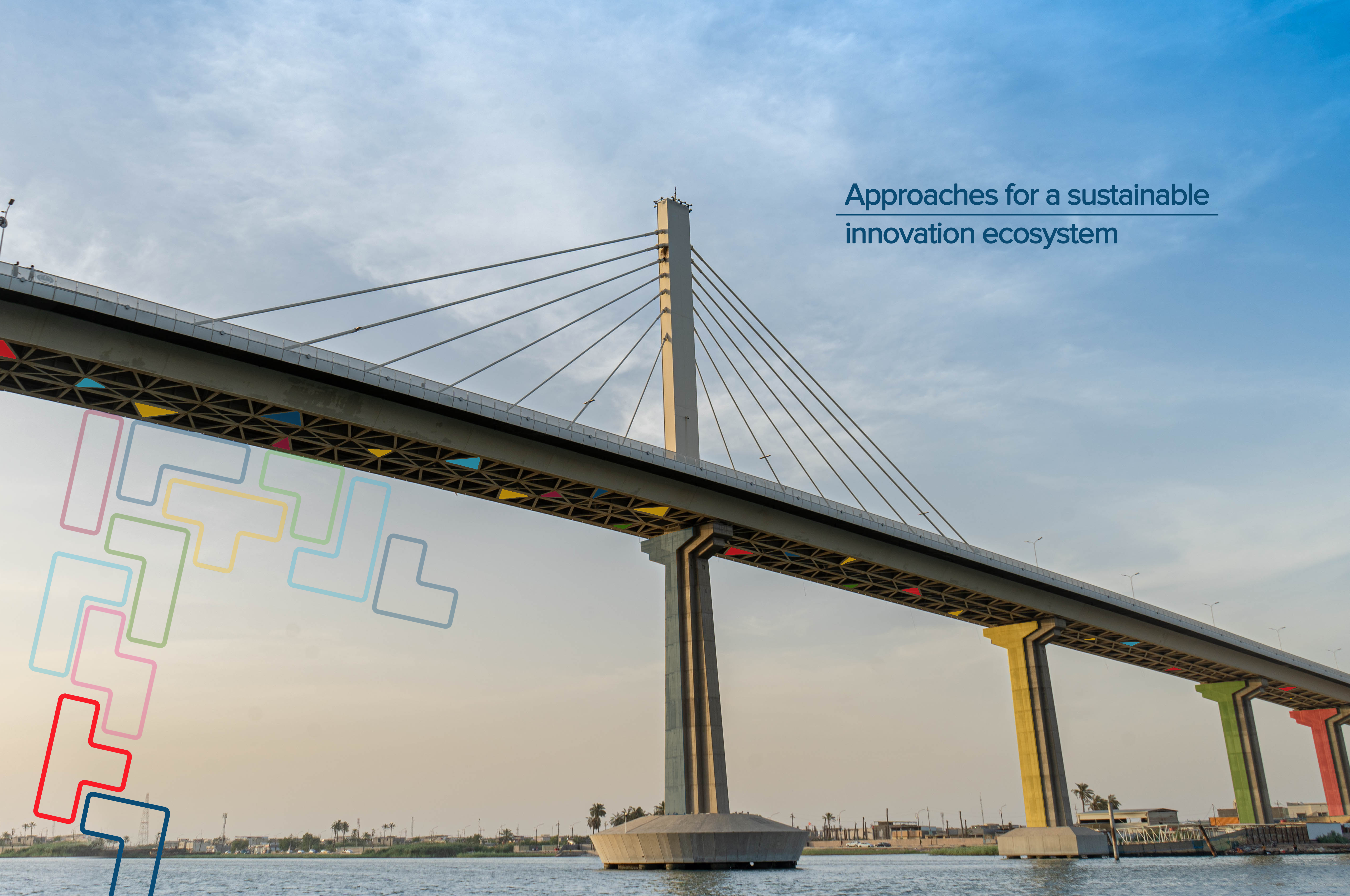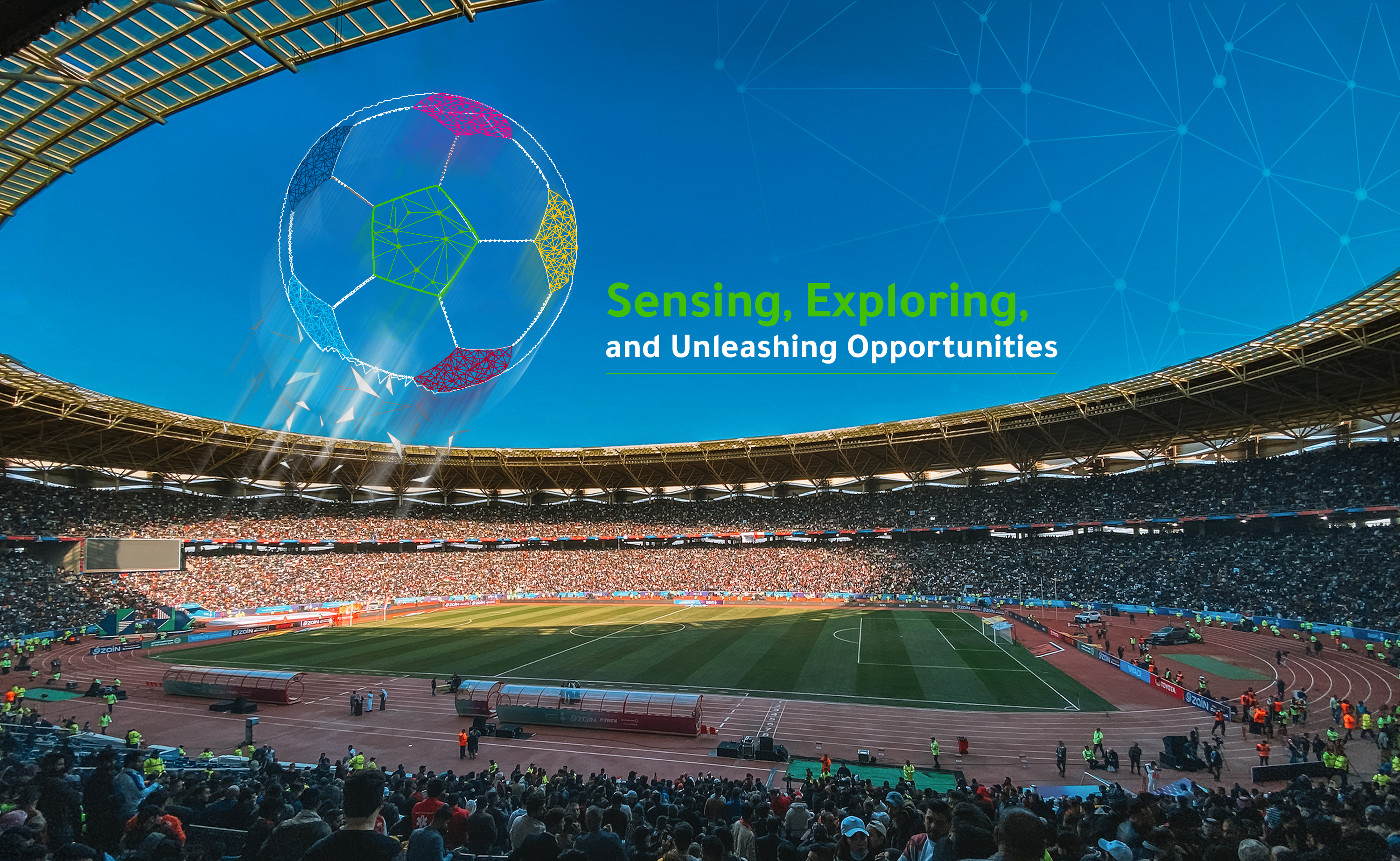Overview
Re-Imagining development for the 21st century
In today’s world, the challenges we face—such as the rise of artificial intelligence, disinformation on social media, and the need for policies that balance innovation with human needs and rights are vastly more complex than those of the past. To address these issues, we need radically new approaches that match the speed and intricacy of modern challenges.
The UNDP Accelerator Labs: A New Way of Working
The UNDP Accelerator Labs are at the forefront of development innovation, created to accelerate progress toward the Sustainable Development Goals (SDGs). Launched in partnership with the State of Qatar and the Federal Republic of Germany, the Labs form the world’s largest and fastest learning network, spanning 91 Labs in 115 countries. Their mission? To close the gap between traditional development practices and the fast pace of global change.

The Accelerator Labs work together with national and global partners to test innovative solutions that address complex development challenges. By being part of a globally integrated network, each Lab can harness local solutions while learning from the experiences of others in real-time. This creates a powerful collective learning effect, enabling Labs to work faster and more effectively.
Each Lab, embedded within UNDP offices, provides national partners with a range of innovative services to explore, test, and grow solutions to sustainable development problems. These services include:
- Sense-making: Labs analyze the local context in near real-time, identifying patterns and connections that can guide effective action and anticipate new opportunities to accelerate development.
- Solutions mapping: In collaboration with local partners, Labs identify grassroots solutions and expand their potential to drive sustainable development.
- Collective intelligence: By leveraging collective knowledge and insights, Labs help partners better understand challenges, develop new solutions, promote inclusive decision-making, and improve oversight of actions taken.
- Designing and testing: Labs employ rapid, systematic testing of approaches to tackle complex development problems, reducing the time needed to learn from months or years to just weeks.
More information at: acceleratorlabs.undp.org

UNDP Accelerator Lab in Iraq
Iraq's Accelerator Lab: Innovating for National Development
Iraq's Accelerator Lab launched in 2019 with a mission to discover and scale local solutions to the country's most pressing development challenges. Focusing on three key portfolios—Youth, Climate, and Digital—the Lab is exploring innovative approaches to drive progress in these critical areas.
Between 2019 and 2024, the Iraq Accelerator Lab used solutions mapping and experimentation to identify and scale promising local initiatives. These efforts aim to tackle complex national challenges from fresh, innovative perspectives. The Lab also plays a crucial role in responding to emerging crises, such as its rapid intervention during the COVID-19 pandemic, providing a flexible and agile approach to new emergencies.
A Collaborative Approach to Sustainable Development
Working closely with UNDP technical specialists and local partners, the Lab adopts a Portfolio Approach to understand the realities faced by communities across Iraq. This approach helps the Lab assess challenges on the ground and identify opportunities for applying innovative, locally sourced solutions. Through rigorous testing and iteration, the Lab refines these solutions, ensuring they can be integrated into broader UNDP, government, and partner strategies for long-term impact.
By continuously experimenting and scaling local innovations, Iraq's Accelerator Lab is leading the way in transforming development practices. The Lab is committed to embedding these innovative solutions into national responses, driving progress on youth empowerment, climate resilience, and digital transformation for a brighter and more sustainable future in Iraq.
What we have achieved
- Developed and localized global methodologies and human-centered design approaches tailored specifically for Iraq by continuously scanning, testing local solutions, and building strategic partnerships, leading to large-scale experiments and impactful initiatives.
- Enhanced the government’s ability to identify and address national development challenges through the development of solutions, workshops, and training on Systemic Thinking Methodology, significantly influencing processes within key Iraqi ministries.
- Launched the Design Thinking Training Manual, created by young volunteers and collaboratively shaped by stakeholders, to promote innovation and creative problem-solving across Iraq.
- Introduced Iraq's first-ever unified university curriculum on modern teaching methods, in partnership with the Ministry of Higher Education and Scientific Research. Covering 37 universities, this curriculum integrates blended learning approaches to modernize and enhance education across various disciplines.
- Established the Souq Al Shoyukh Climate and Community Hub in collaboration with the Ministry of Youth and Sports and the Bahr Al-Ulum Foundation. The hub engages the local community in climate action, youth capacity-building, and economic diversification, promoting sustainability and resilience in Iraq.
- Developed real-time Entrepreneurial Ecosystem and Education Sector Dashboards on the iData platform in collaboration with KAPITA Business Hubs, leveraging digital tools to drive youth-led economic growth, innovation, and informed decision-making. Also, developed the Startup Bus Platform which is a gamified digital platform to support entrepreneurs in newly liberated areas in collaboration with the UNDP Crisis Bureau, and Mosul Space. Additionally, it features an interactive digital map of Mosul, linking entrepreneurs with essential resources, enhancing accessibility, and fostering a resilient ecosystem.
- We pioneered the use of Artificial Intelligence on two levels in our work. First, through the launch of the first-of-its-kind Innovation Mission competition, which empowers local businesses by integrating AI with Human-Centered Design to create innovative, sustainable, and human-centered projects. This competition responds to the pressing need for digitalization, putting Iraqi businesses at the forefront of development. Second, we designed an AI model simulating the thought processes of Iraqi youth to identify local solutions based on their interactions.
- The UNDP Accelerator Lab is supporting UNDP Iraq and the Ministry of Planning efforts in establishing Iraq’s first Government Innovation Lab (GoviLab) within the Ministry of Planning. The Lab’s mission is to embed innovation in public institutions and advance its adoption across the public sector. By testing policies, fostering cross-sector partnerships, leveraging digital technologies and AI, and promoting data-driven, citizen-centered governance, GoviLab aims to deliver innovative and sustainable solutions that enhance quality of life.
- Read more:

 Locations
Locations


